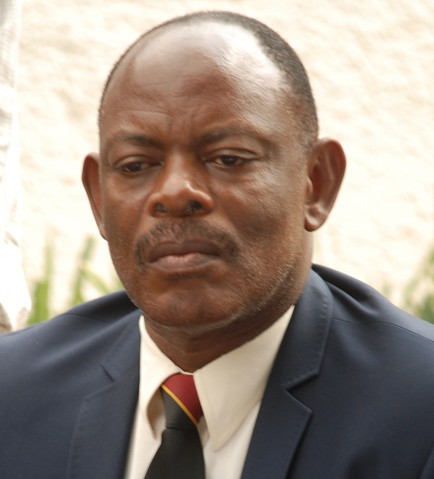Science-based colleges of Makerere University received US$12 million in twin grants from the World Bank to spearhead two African Centres of Excellence to be launched this week, aimed at strengthening training and research in two critical areas of science – nanotechnology and crop improvement.
A Centre of Excellence in Materials, Product Development and Nanotechnology, to be known as MAPRONANO, will be set up at the university’s College of Engineering, Design, Art and Technology (CEDAT), while the Regional Centre for Crop Improvement (MaRCCI), will be hosted at the university’s College of Agricultural and Environmental Sciences. The latter aims to be the premier postgraduate training centre for crop improvement in Africa.
The African Centre of Excellence grants are part of a larger World Bank initiative that supports the development of African Centres of Excellence (ACEs) for higher education in Eastern and Southern Africa, and each of the two centres at Makerere University will get US$6 million from the World Bank over a five-year period.
Professor Barnabas Nawangwe, vice-chancellor of Makerere University, said the centres will support high-quality research and innovation aimed at addressing pertinent issues in Africa. Among those, he cited finding solutions to challenges like food security, disease outbreaks and epidemics.
MaRCCI will be launched on November 13, 2017. It will be an expansion of the already successful regional graduate programme in plant breeding at Makerere University’s College of Agricultural and Environmental Sciences.
Makerere University officials said MaRCCI will bring regional plant breeding expertise together in one place to improve sustainability and excellence.
Dr Richard Edema, the director of MaRCCI, said the main goal of the regional centre will be to expand, strengthen and transform the programme’s PhD in plant breeding and biotechnology, the MSc in plant breeding and seed systems, applied research in various crops, and outreach activities.
Over the grant period, the MaRCCI programme will train 30 new PhD and 40 MSc-level plant breeders from the Eastern and Southern African region. While some students will benefit from full funding, others will have partial funding.
Edema said that MaRCCI would provide the region with “industry-ready plant breeders” who are equipped to use cutting-edge science to develop and deliver new varieties of food crops, thereby improving food security, nutrition and rural incomes throughout the region.
The World Bank grant will also provide for additional scientific and support staff as well as for enhancement of facilities and equipment, with the goal of modernising and expanding the teaching, research and service activities of MaRCCI in a sustainable manner.
Dr Michael Lubwama, a lecturer at the university’s College of Engineering, Design, Art and Technology, said the MAPRONANO ACE, to be launched on November 16, 2017, will enhance teaching and training in nanotechnology and nanomedicine. It will produce well-trained technicians and engineers in materials science, product design and nano-enabled technologies.
MAPRONANO ACE will also offer highly specialised short courses in welding technology, health safety engineering, oil and gas, monoclonal and nanobodies generation, bioinformatics and next generation sequencing techniques.
The main objective of the overall centres of excellence project is to meet the demand for skills required for Africa’s development in areas such as agriculture, energy and extractive industries, while strengthening the innovative capacity of the best African institutions for higher education in science, technology, engineering, mathematics and other relevant disciplines.







